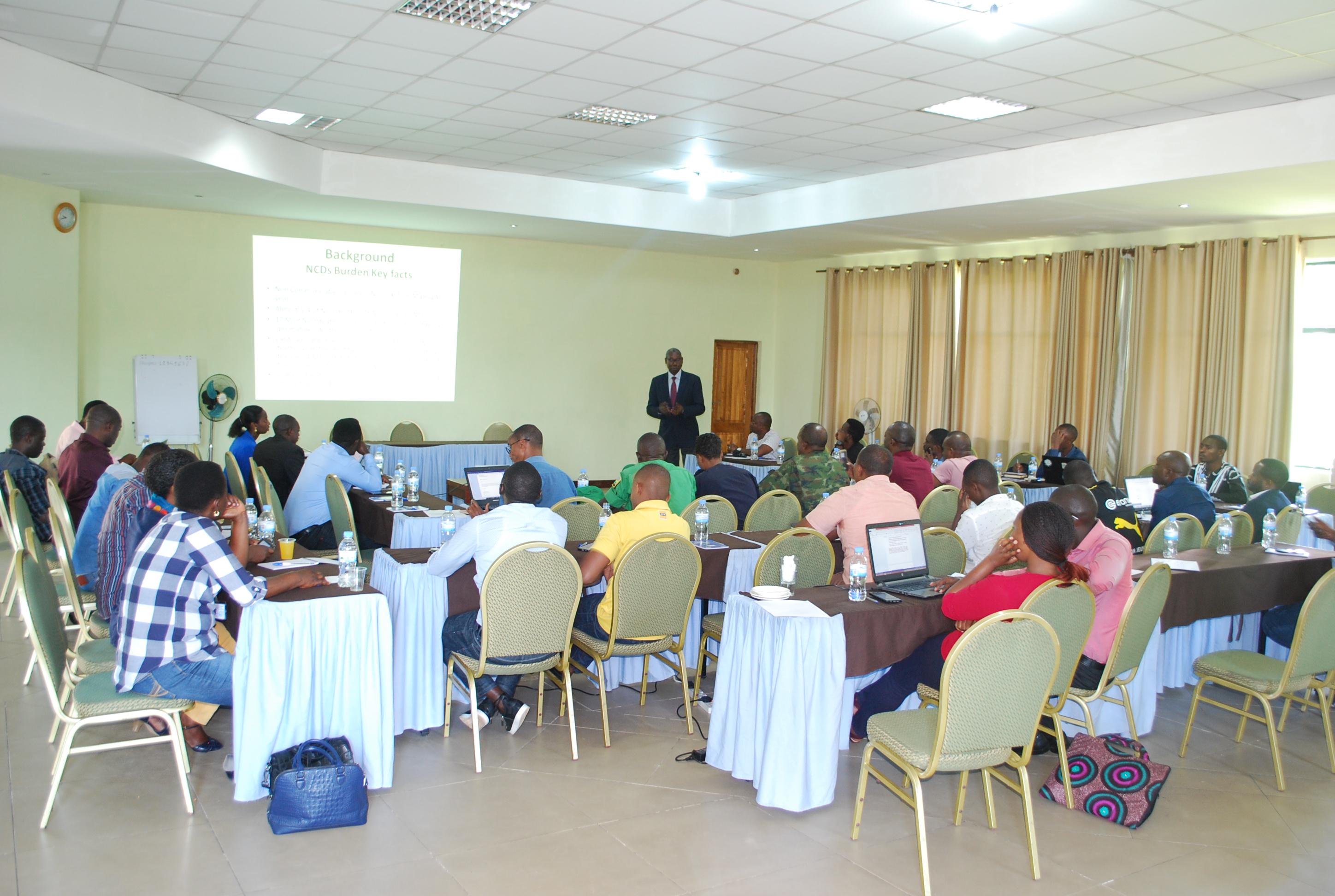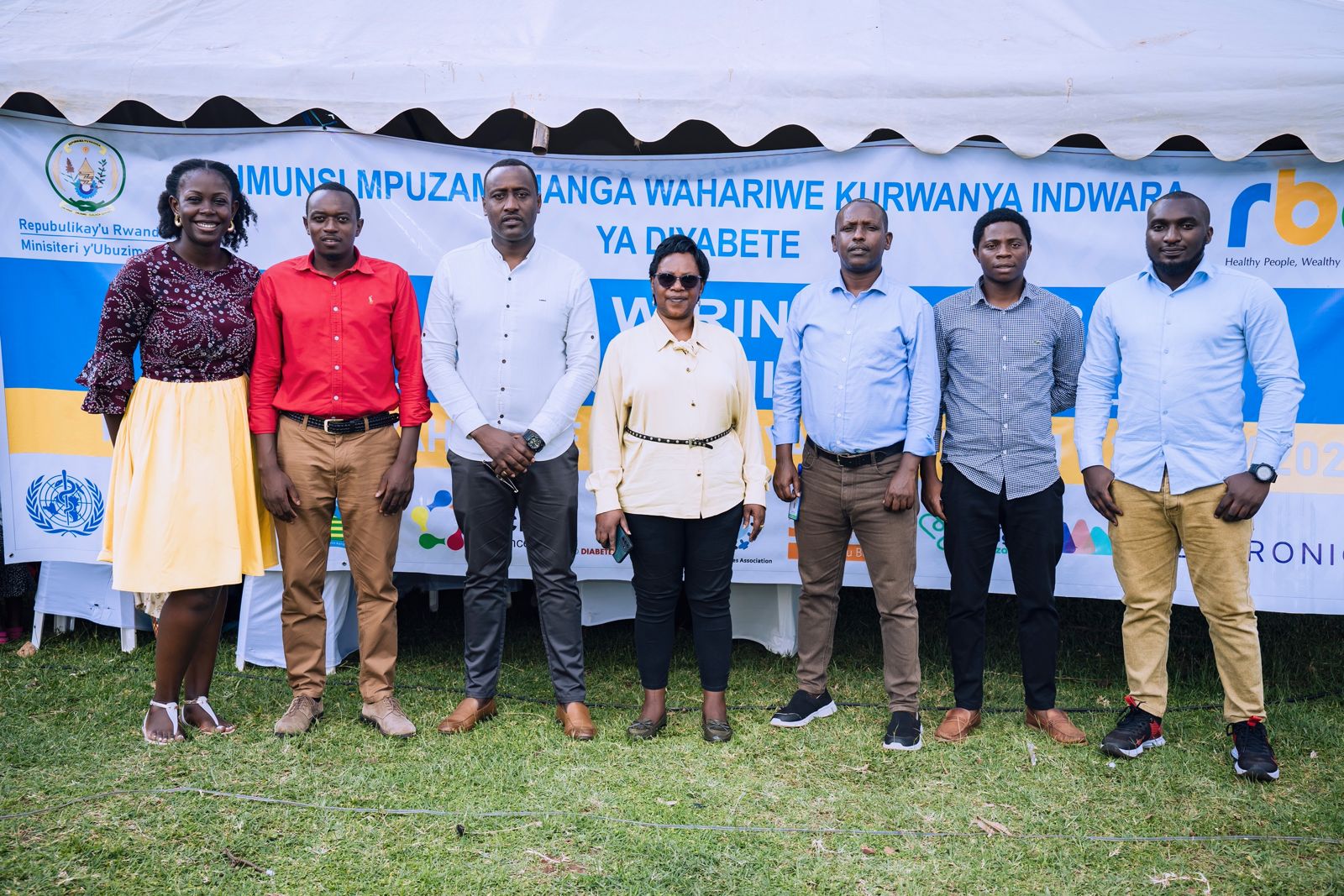


Engagements
Our focus In Rwanda NCD Alliance.
Engaging patients, health professionals, youth organizations, private institutions, and government to raise awareness, advocate, and prioritize NCDs on Rwanda’s national agenda.
Blog & News


Engagements
Engaging patients, health professionals, youth organizations, private institutions, and government to raise awareness, advocate, and prioritize NCDs on Rwanda’s national agenda.
Blog & News